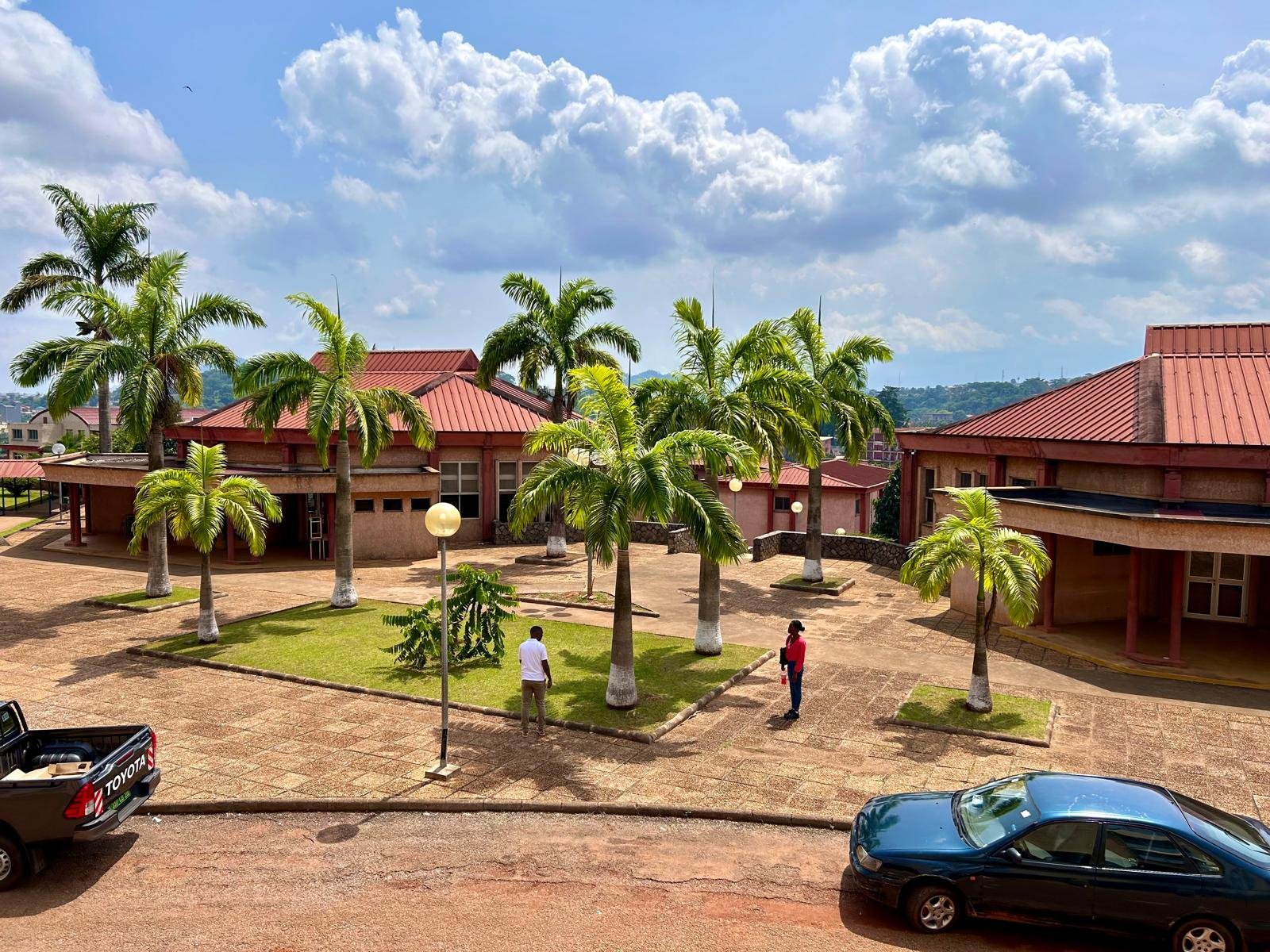The call for papers for the next conference of the Association for an Anthropology of Social Change and Development (APAD) is now open. The conference will take place from 27 to 29 May 2026 at the Catholic University of Central Africa (UCAC) in Yaoundé, Cameroon. With the theme ‘Extractivism, resistance and alternatives in a globalised world’, it will debate the issue of extractivism in its various forms.
Extractivism refers to the creation of value through extraction processes such as mining, the oil industry, and industrial agriculture. It leads therefore to the depletion of resources and has a lasting impact on local livelihoods. This notion, initially used to describe processes on South America and Africa, has been extended to include extractive logics in Northern countries. The aim of this concept is thus to question the harmful effects of extractive projects on people, livelihoods, and the environment. As the extractive processes can take many forms depending on the historical trajectories and geographical areas, this conference invites contributions on extractivism and its effects based on empirical research carried in different contexts, with the aim of deconstructing what might appear as false assumptions.
The aim of this conference is to examine the concept of extractivism in a variety of sectors and ethnographic contexts. Participants are invited to question a) how extraction, or predation, is embedded in various social relationships (market, gift, sharing, solidarity, etc.), and b) to reflect on the varied scalar dynamics involved in these processes, not only between the Global North and Global South, but also within the Global South, between between urban and rural areas, and so on. The aim is to reflect on the strengths and weaknesses of the concept of extractivism as an analytical entry point for studying transcalar dynamics in the 21st century.
Extractivism is therefore understood here as a broad concept, inviting us to consider processes and life experiences that occur at different scales. The aim is to establish connections between these multi-scale extractive dynamics and their local manifestation in particular human experiences. It means to shed light on the agency of people in the Global South, the interdependence of globalized political economies, and the key role played by extracted resources in this global architecture. It also invites to pay closer attention to the protest movements that have emerged in various contexts against different forms of extractivism, including epistemic extractivism in academia.
Paper proposals, must be submitted to the panel convenors via the email addresses provided in the call for papers before the 30th of November 2025,. Each abstract, which must not exceed 500 words (excluding bibliography), must include the author’s full name, email address, affiliation and institutional position. The results of the selection process will be communicated by the 15th of December 2025 at the latest.
Voir ci-joint la liste des panels et personnes de contact: Liste des panels

